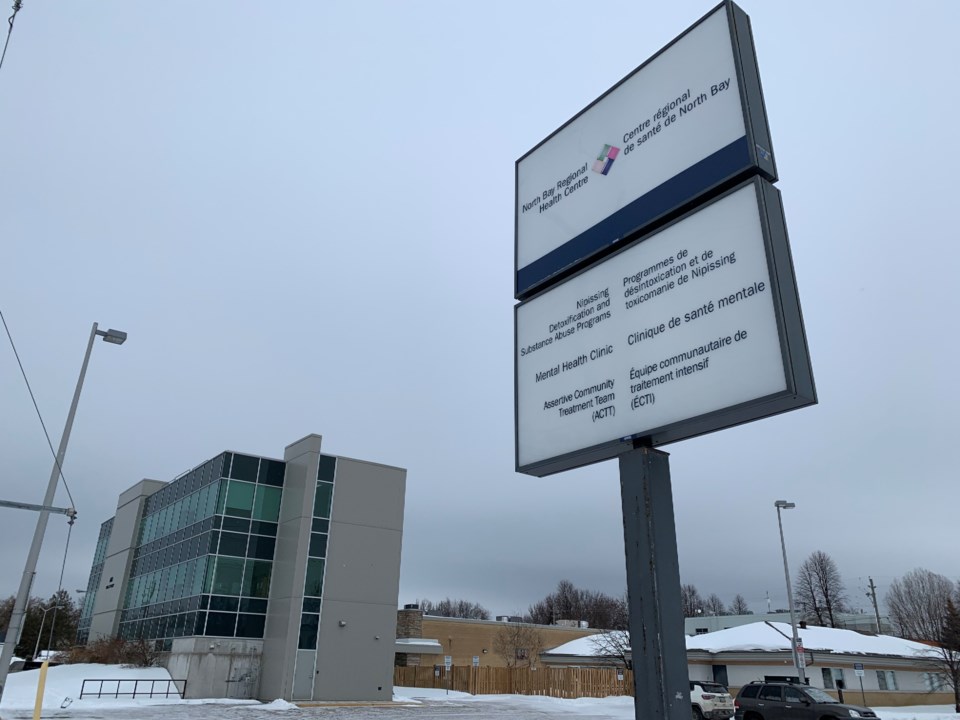Dear North Bay,
There has been a lot of media activity in your community about residential treatment bed changes.
I am writing to you as one of the leaders of the Needs Based Planning Model for Substance Use Services and Supports in Canada. My objective is to help ensure correct information is being shared with you and also that people who need addiction services are assured that North Bay will have the right mix of services available to them.
You may be wondering why services are changing -- specifically, why a community-based residential treatment facility is being phased out and a host of new community programs being phased in, including 6 safe beds, 8 community withdrawal management services (WMS) beds, 2 transition beds, a telephone crisis line for addictions and mental health, mobile WMS services, and an addictions day/evening treatment program
Needs Based Planning has been part of the conversation about what services are needed in North Bay. It has served as a resource to help inform decisions made by your local mental health and addiction planning providers as well as your recent Mayor’s Roundtable.
To read the full roundtable report click here
Historically, annual government funding for substance treatment programs has been driven by the budgets of previous years, and not by the needs of the population. As a result, gaps between funded services along a treatment continuum and population needs have developed over time. The fundamental principle underlying Needs-Based Planning is that resources should be allocated based on population needs, and not only on what has evolved over time nor solely on local, short-term advocacy efforts, however well-intentioned.
Through Needs Based Planning work, we found an imbalance in North Bay, with an over-supply of community-based residential treatment, offered by both the hospital and North Bay Recovery Home and a shortage of other options, including a range of community outpatient and day/evening treatment services.
This is a big gap.
It is important that people are carefully matched to the level of care they need as residential treatment is resource-intensive and, further, not everyone with substance use related challenges requires this option for a positive recovery outcome. Other factors such as work responsibilities and child care also mean not everyone can participate fully in residential services. A wider range of options are required and supported by Needs-Based Planning.
Community outpatient programs are important for a balanced continuum of care and are certainly not a lesser form of care. Evidence has shown that it is easier for many people to commit to these programs and that they often show equal or better results in helping people with substance use challenges. The point is to make an appropriate match to the person’s needs and to have a range of options available and accessible.
Your community has done a rare thing -- health care leaders and other stakeholders have worked together to come up with a plan to make sure that there is a balanced continuum of care to meet all the different needs of people living in North Bay. The results of Needs-based Planning have been an important factor taken into account in making these changes in an evidence-based way.
Congratulations to all for putting the needs of the whole community first, working together, and using evidence-based research to inform choices for your community.
Sincerely
Dr. Brian Rush
